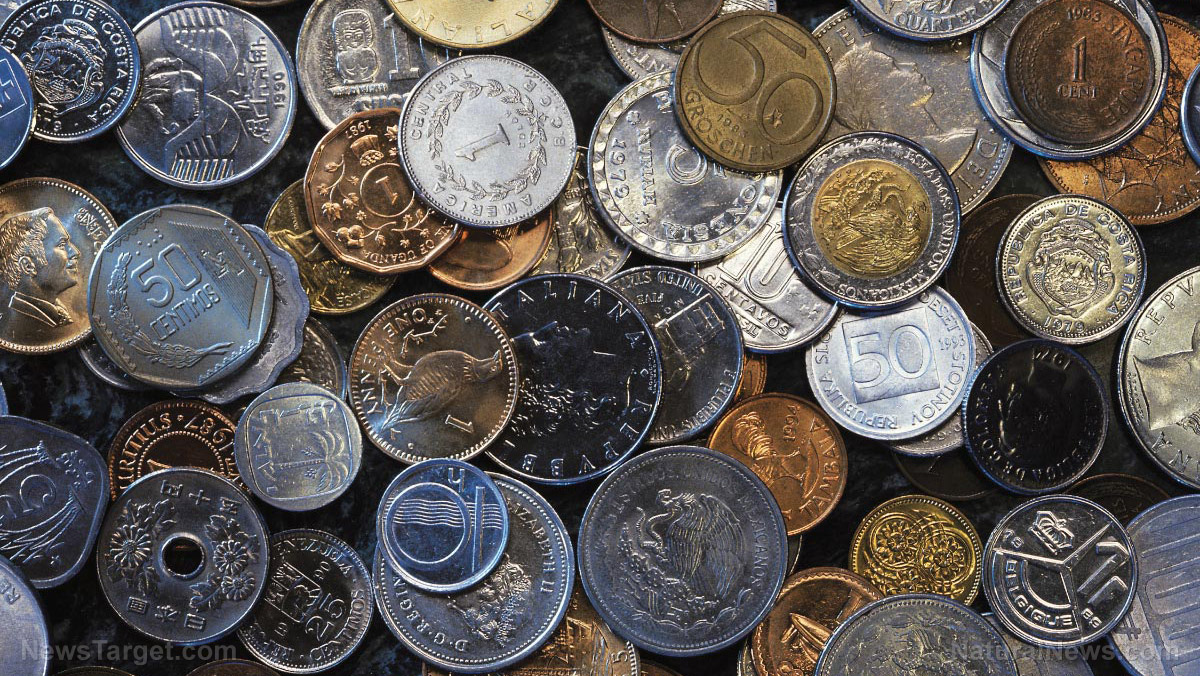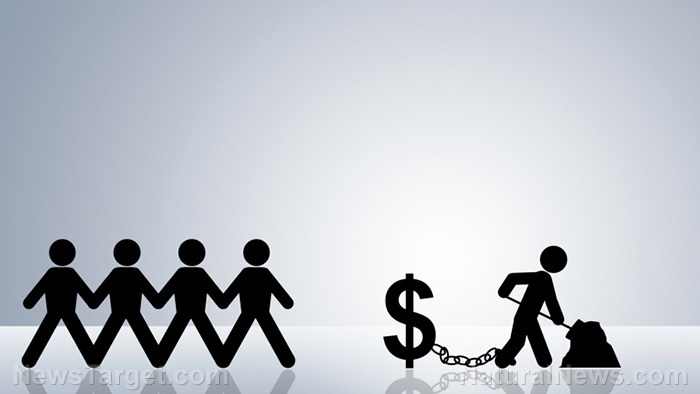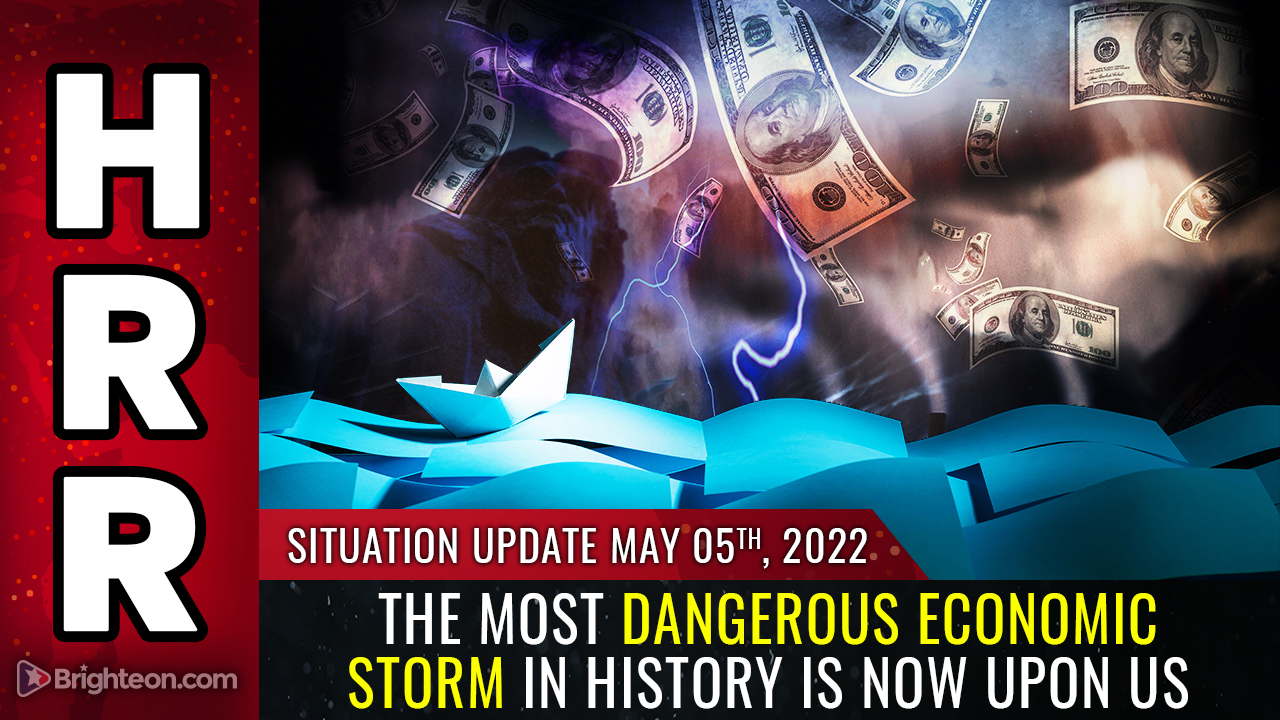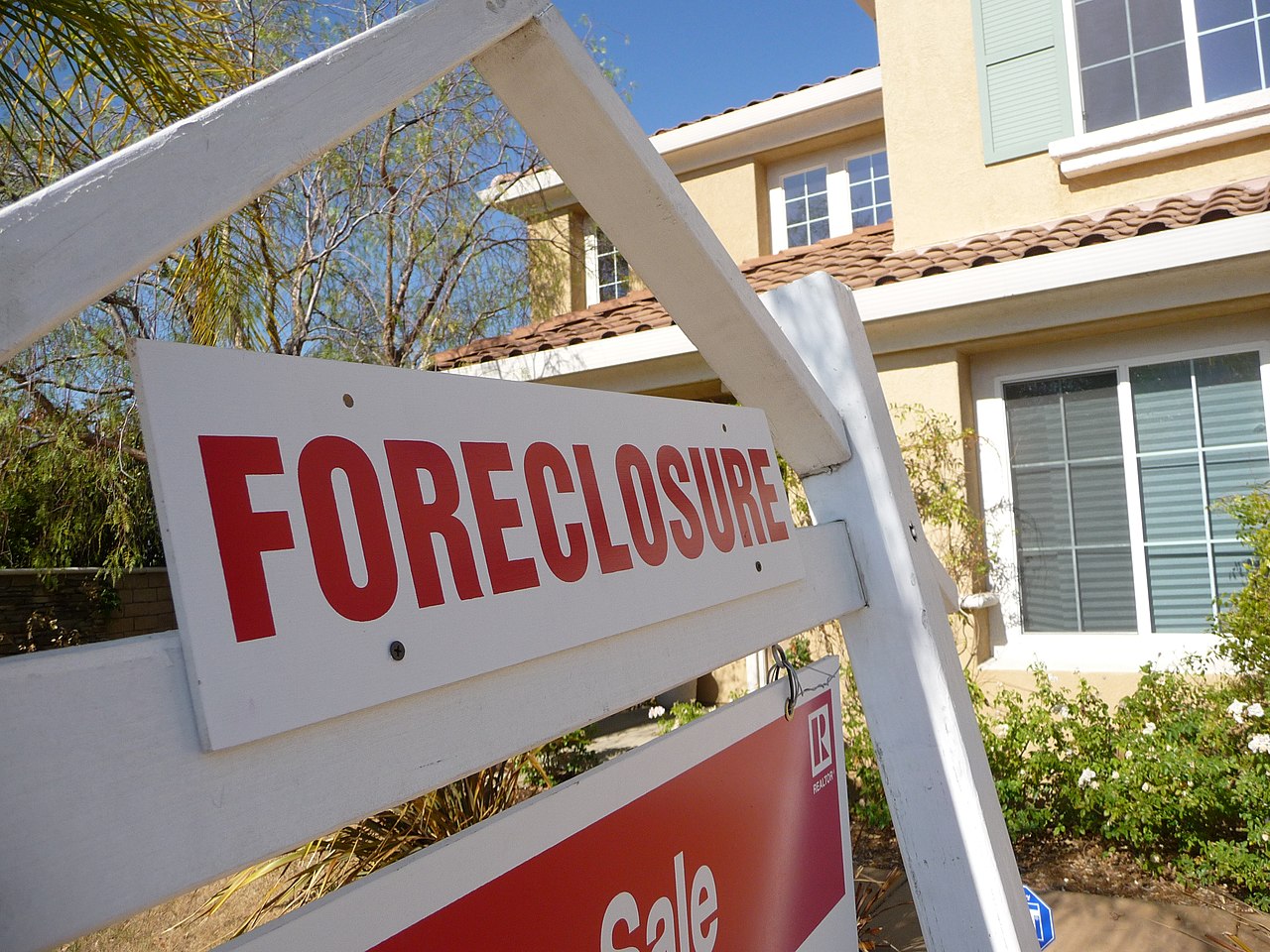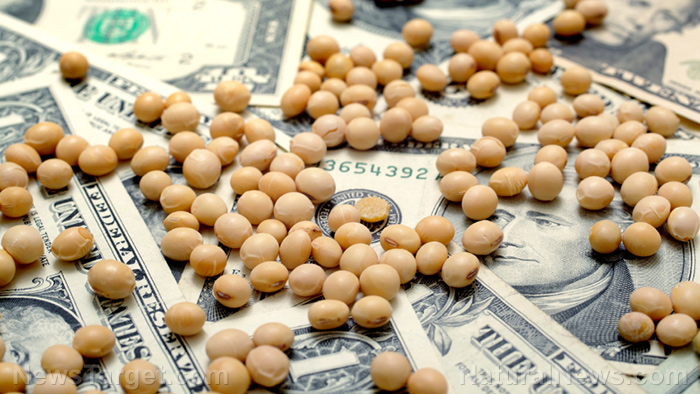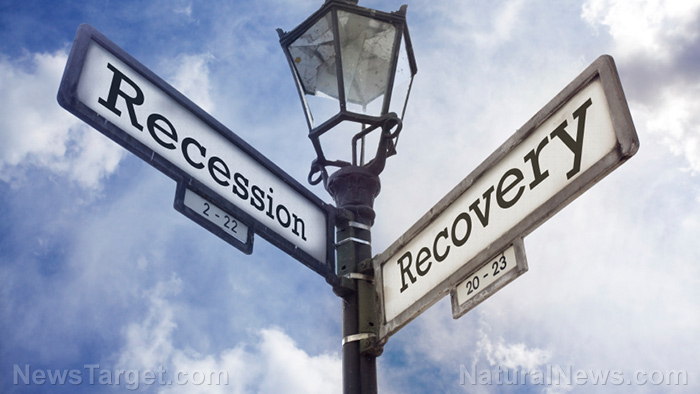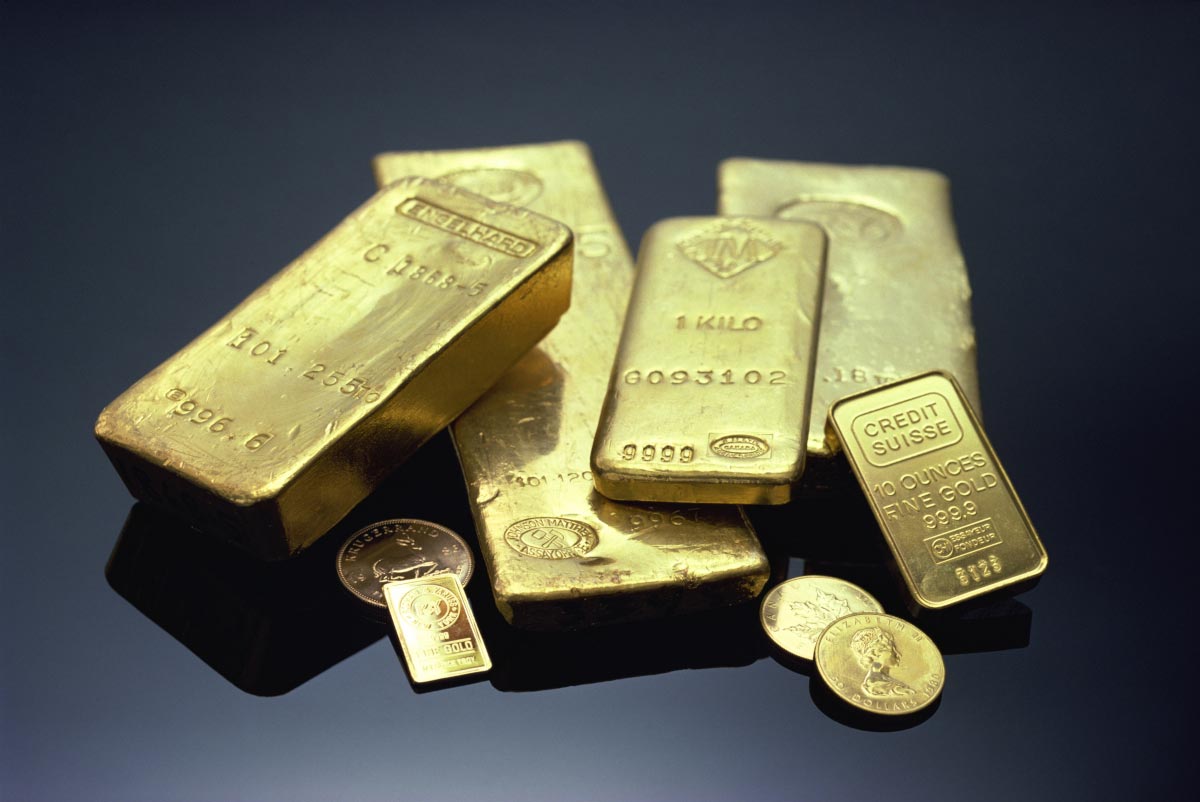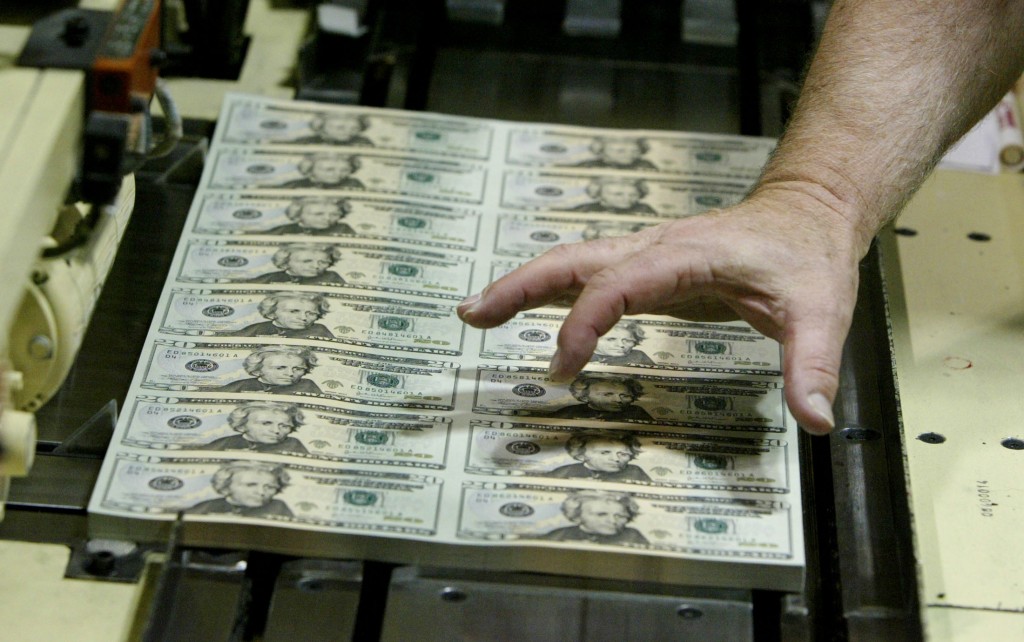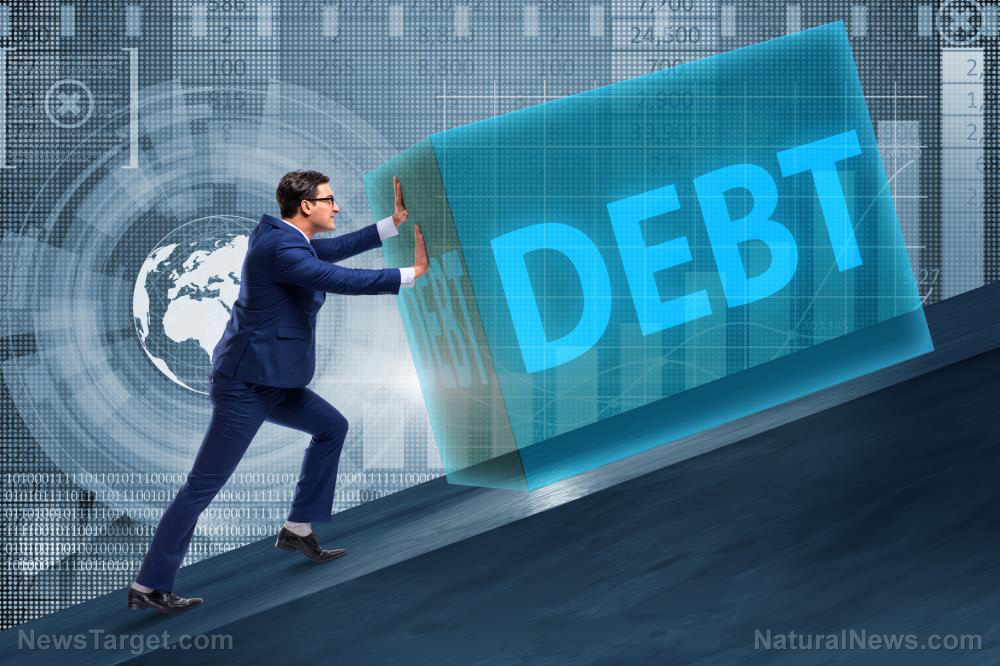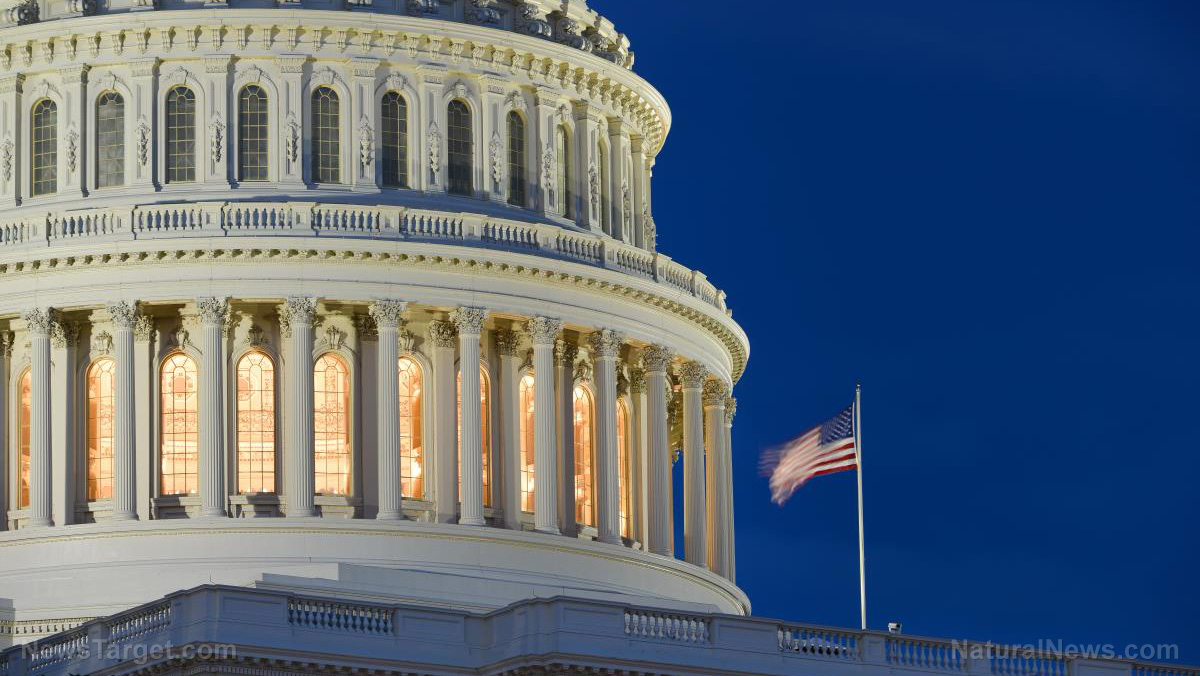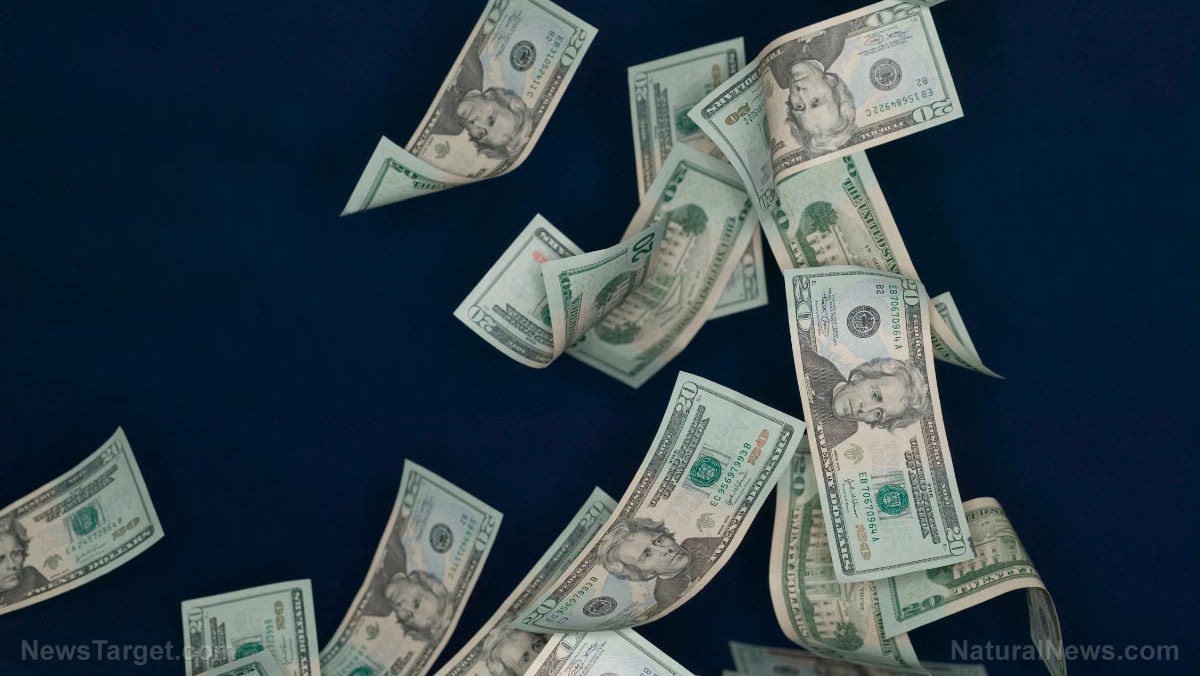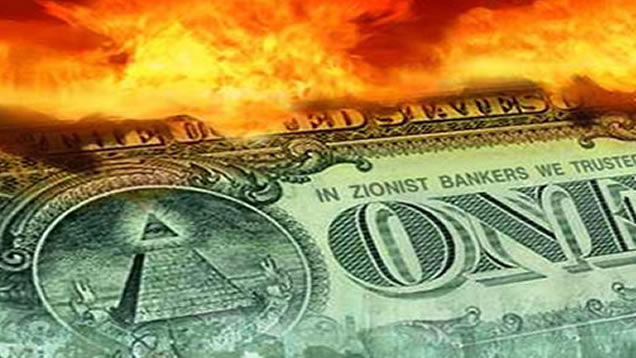Production costs in Germany rise by record-breaking 25.9% due to ongoing energy crisis
03/23/2022 / By Arsenio Toledo
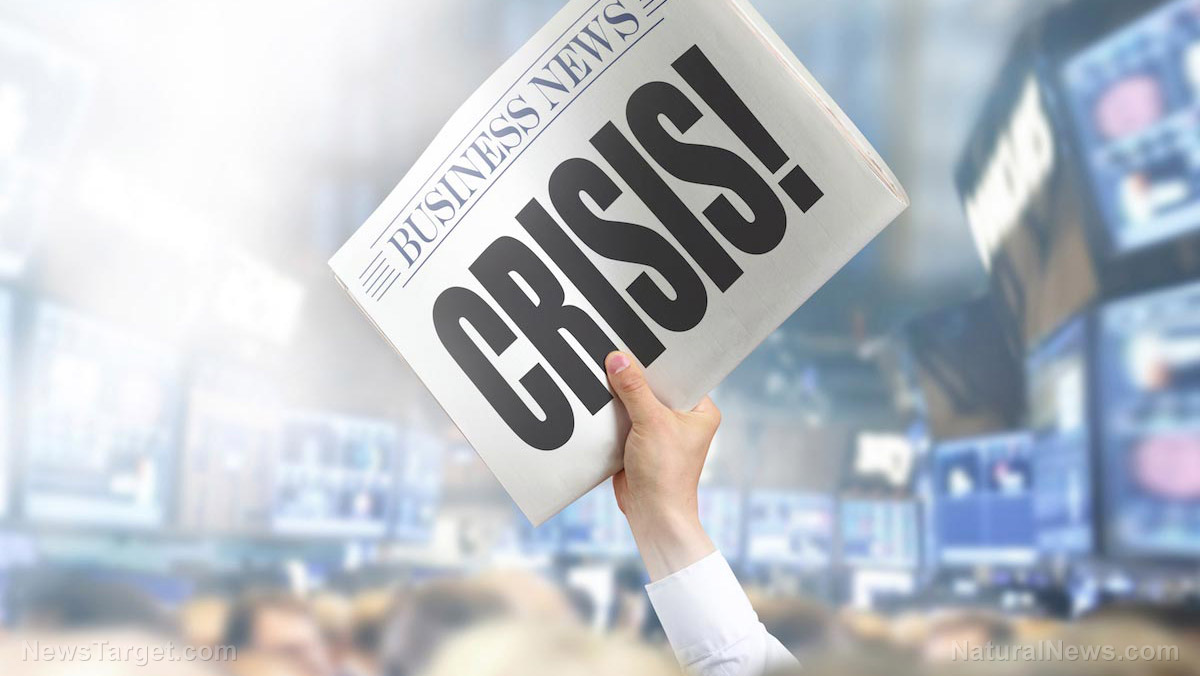
German producers reported a record-breaking rise in factory gate costs of 25.9 percent year-on-year for February, pushed upward mainly due to the ongoing energy crisis caused by Germany’s green policies and the war in Ukraine.
This data is according to the Federal Statistics Office, a German federal authority responsible for collecting statistical information. The office added that this is the single biggest surge in factory gate prices since 1949, and is the leading indicator that consumer prices in Germany will soon rise as well.
This is the third month in a row that German producers have reported a record-breaking rise in gate costs. In December and January, costs rose by 24.2 percent and 25 percent, respectively.
Analysts that spoke to Reuters now believe the annual factory gate cost increase in Germany will be over 26 percent. All agreed that the surge in production costs likely stems from skyrocketing energy prices in Europe’s largest economy.
According to the statistics office, energy prices in Germany were up 68 percent year-on-year. If the rise in energy prices was not taken into consideration, producer prices in February would have only risen by 12.4 percent year-on-year.
Prices in Germany are expected to keep rising as the energy crisis continues
According to the statistics office, consumer prices in February rose by 5.3 percent compared to the same time last year.
Officials claim the inflation rate was primarily impacted by the price of “energy products,” as well as ongoing challenges, including the self-imposed Wuhan coronavirus (COVID-19) lockdowns, “delivery bottlenecks and significant price increases at upstream stages in the economic process,” said the statistics office in its report.
German officials said these ongoing pressures on the country’s economy were “superimposed” by the uncertainty regarding gas supplies caused by Russia’s invasion of Ukraine, the economic sanctions placed upon it by the West and Russia’s retaliation.
Russia has already throttled gas flows to Europe via the Nord Stream 1 pipeline, most likely in response to Western sanctions, although Russian state-owned energy corporation Gazprom, which is the majority stakeholder for the company that operates Nord Stream 1, claimed it has continued to send gas supplies in line with requests from European consumers. (Related: European countries mull increasing investment in fossil fuels to maintain energy security.)
Most of the sanctions Europe placed upon Russia only came into full effect in the last week of February, when the invasion of Ukraine began. Analysts pointed out that this suggests the inflation of production and consumer costs in Germany will be more pronounced in March.
“The development of gas and crude oil prices is likely to remain decisive for the development of German consumer prices in the coming months,” noted Fritzi Koehler-Geib, chief economist for investment and development bank KfW.
Koehler-Geib added that the country could experience more increases in energy costs if the United States and the European Union would impose even more sanctions on Russia.
Michael Heise, chief economist for financial services company HQ Trust, said the inflation rate will likely remain at or above five percent for the next few months.
“Due to the Ukraine crisis, consumers are not expected to see relief in energy prices any time soon,” said Heise.
Financial regulators for the Eurozone, the monetary union of 19 states that have adopted the euro as their primary currency, are expected to release inflation figures for last month within the next few days. Analysts expect this inflation data to also show record-breaking inflation caused by the sanctions and the ongoing energy crisis.
The European Central Bank is also expected to meet next week to tackle rising inflation in the continent. Some experts are expecting the central bank to tighten monetary policy to counteract the economic impacts of the conflict in Ukraine.
Learn more about how the war in Ukraine is causing an energy crisis in Europe at Power.news.
Watch this episode of “Zoon Politikon” as host Holly Seeliger talks about how Russia controls Germany through its pipelines.
This video is from the Zoon Politikon channel on Brighteon.com.
More related stories:
Energy markets in turmoil as European gas climbs 60%.
Renewables put Europe’s electrical energy at the mercy of Russia.
As Germany’s green dream becomes a nightmare, Asia and Russia power ahead with nuclear power.
Sources include:
Submit a correction >>
Tagged Under:
big government, Bubble, chaos, Collapse, economic collapse, economic crisis, economy, energy, energy crisis, Europe, finance, financial crisis, Germany, inflation, market crash, power, power grid, Russia, Ukraine war, World War III
This article may contain statements that reflect the opinion of the author
RECENT NEWS & ARTICLES
COPYRIGHT © 2018 MONEYSUPPLY.NEWS
All content posted on this site is protected under Free Speech. MoneySupply.news is not responsible for content written by contributing authors. The information on this site is provided for educational and entertainment purposes only. It is not intended as a substitute for professional advice of any kind. MoneySupply.news assumes no responsibility for the use or misuse of this material. All trademarks, registered trademarks and service marks mentioned on this site are the property of their respective owners.


